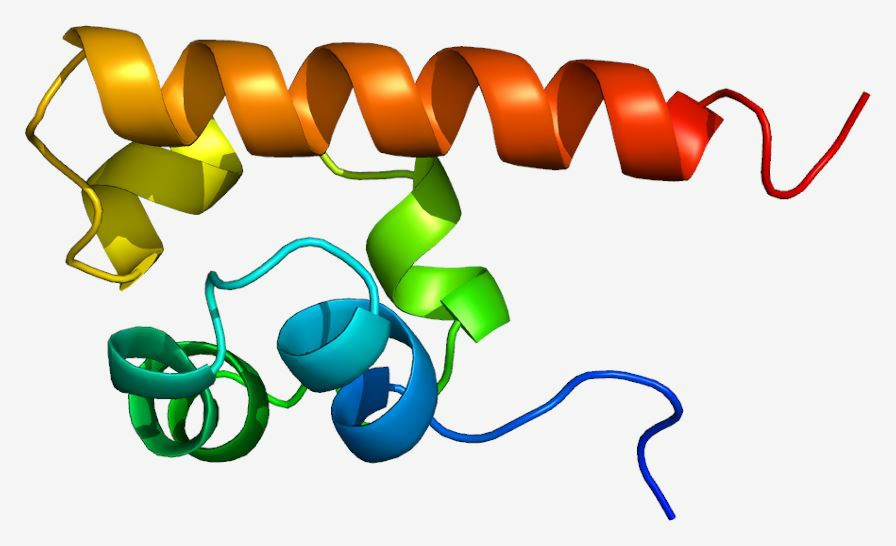EPHA4 and Associated Diseases
Creative Biolabs owns the world first-class technologies and platforms for your problems with gene therapy. We are able to provide one-stop customer services for your research. We are happy to cooperate with our client and design the programs that best fit your requirements.
Overview of EPHA4
In humans, ephrin type-A receptor 4 (EPHA4) is a protein encoded by the EPHA4 gene. EPHA4 is a member of ephrin receptor subfamily, which belongs to the protein-tyrosine kinase family. EPH and EPH receptors are widely implicated in the developmental events of the nervous system. The typical characteristic of the receptors in the EPH subfamily is the kinase domain and extracellular region which contains a Cys-rich domain and two fibronectin type III repeats. According to the different affinities of the ephrin-A and ephrin-B ligands, the ephrin receptors are divided into 2 groups called EPHA and EPHB. The tyrosine kinase domain binds to the membrane-bound ephrin family ligands, leading to contact-dependent communications between cells.
 Fig.1 The structure of EPHA4. (Wikipedia)
Fig.1 The structure of EPHA4. (Wikipedia)
EPHA4 in Disease
EPHA4 is associated with the neurodegenerative disease Amyotrophic Lateral Sclerosis, Alzheimer’s disease and Duane Retraction Syndrome.
- Amyotrophic Lateral Sclerosis
EPHA4 modulates the vulnerability of motor neurons to the degenerated axon. Amyotrophic lateral sclerosis (ALS) is a fatal neurodegenerative disease and affects motor neurons. EPHA4 is a receptor of the ephrin axonal repellent system and modifies the disease phenotype in humans. In ALS patients, the expression of EPHA4 is negatively associated with the disease onset, and the loss-of-function mutations in EPHA4 promote long survival. Knock-down of EPHA4 can rescue the axonopathy caused by the expression of mutated TDP-43, which is an inducer of ALS. EPHA4 represents a target for the therapeutic prevention of ALS.
- Alzheimer’s disease
Inhibition of the EPHA4 signals can improve the hippocampal synaptic dysfunctions of Alzheimer’s disease (AD). EPHA4 expresses in the adult hippocampus and negatively regulates the neurotransmission and hippocampal synaptic plasticity. In the amyloid precursor protein/presenilin 1 transgenic mouse model of AD, blockade of the EPHA4 signal by gene knock-down or small-molecule inhibitor rhynchophylline can reverse synaptic impairment induced by soluble amyloid-β piptide oligomers, which enhances the synaptic loss and occurrence of disease. Based on these, EPHA4 is a potential therapeutic target for AD.
EPHA4 plays an important role in the development of the nervous system. Creative Biolabs possesses well-trained and experienced scientists and perfect platforms for your work. Please feel free to contact us for more about your EPHA4 project.
Reference
- From Wikipedia: Emw, CC BY-SA 3.0, https://commons.wikimedia.org/wiki/File:Protein_EPHA4_PDB_1b0x.png.
